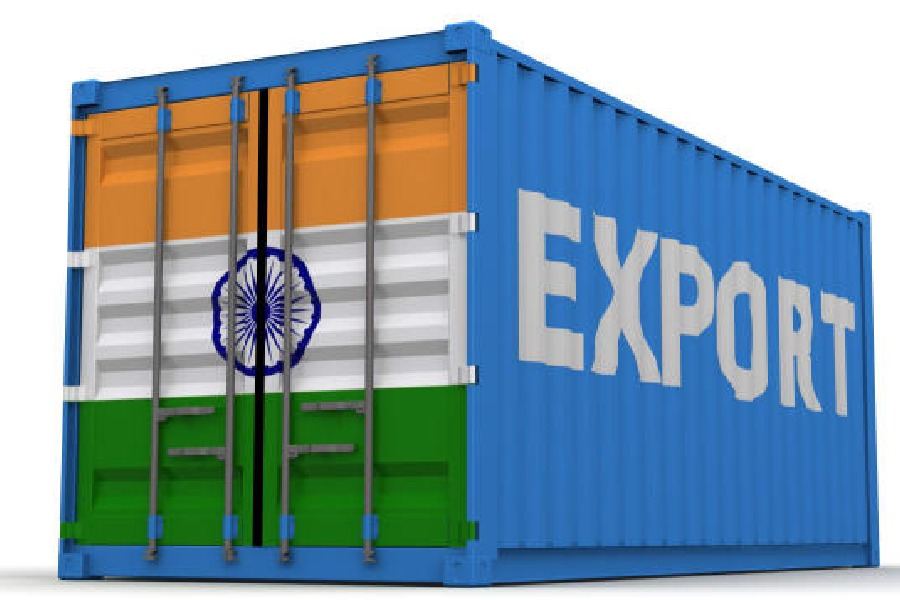India needs to carefully navigate the US sanctions imposed on certain Indian entities to protect their business interests and can engage diplomatically with America and other international bodies to seek remedies, think tank GTRI said on Friday.
To prevent future sanctions, India may plan to tighten export controls, offer clearer business guidelines, and ensure stricter compliance, it said.
On October 30, the US State Department and the Treasury's Office of Foreign Assets Control (OFAC) imposed sanctions on nearly 400 entities and individuals, including 19 Indian companies and two individuals, for allegedly supporting Russia's military activities in Ukraine.
Then, on November 1, the US Department of Commerce added five Indian companies to its entity list for acquiring and redirecting US-made goods to Russia's defence sector, it said.
"While unilateral sanctions imposed by the US are controversial under international law, the practical reality is that countries like India must navigate these sanctions carefully to protect their business interests," Global Trade Research Initiative (GTRI) said in its report.
It also said that India could bring the issue to the World Trade Organization (WTO) if the sanctions violate international trade rules or harm Indian businesses.
The recent US sanctions highlight the importance for Indian businesses to follow both local and international trade regulations, especially when dealing with sensitive or dual-use goods.
"Companies must stay vigilant to avoid inadvertently supporting sanctioned entities or countries," the think tank said.
In India, the GTRI report said, the sanctioned companies were involved in exporting dual-use items products with both civilian and military applications.
Some of these companies exported not only US-origin goods but also locally produced items that were later sent to Russian military sectors.
U.S. sanctions also apply to companies diverting US-made items, increasing scrutiny on Indian exporters, it added.
GTRI founder Ajay Srivastava said that India does not support unilateral sanctions outside of United Nations mandates, and its sanctions policy is focused on trade restrictions with specific countries, like Iran and North Korea.
"India's response reflects its commitment to sovereignty while honouring international non-proliferation agreements, such as the UNSC Resolution 1540, enforced through its WMD (weapons of mass destruction) Act," he said.
He added that it is crucial for businesses to have strong compliance programs and regularly check export control lists like India's SCOMET (Special Chemicals, Organisms, Materials, Equipment, and Technologies) list and US BIS regulations.
"Failing to comply can lead to serious consequences, including trade restrictions, frozen assets, and lost market access," he said adding that Indian companies should also monitor their supply chains, particularly in high-risk areas. Regularly reviewing the SCOMET list helps identify products that may face export restrictions.
"Non-compliance could isolate businesses commercially, as US sanctions not only block transactions with US companies but can also discourage global partners that have ties to the US," the think tank said.
It added that as India focuses on becoming a net exporter, particularly in defence exports, it is imperative that the businesses adopt the mantra of 'Knowledge, Training and Compliance' as the cost of non-compliance is "way too high" for businesses to ignore compliance.
The report was jointly prepared by Srivastava and Ameeta Verma Duggal, Partner, DGS Associates.
It said that the US sanctions include blocking access to its financial systems, freezing assets, visa restrictions, and denying trade opportunities Companies in violation may face commercial isolation, even if their business dealings with the US are limited.
Except for the headline, this story has not been edited by The Telegraph Online staff and has been published from a syndicated feed.










